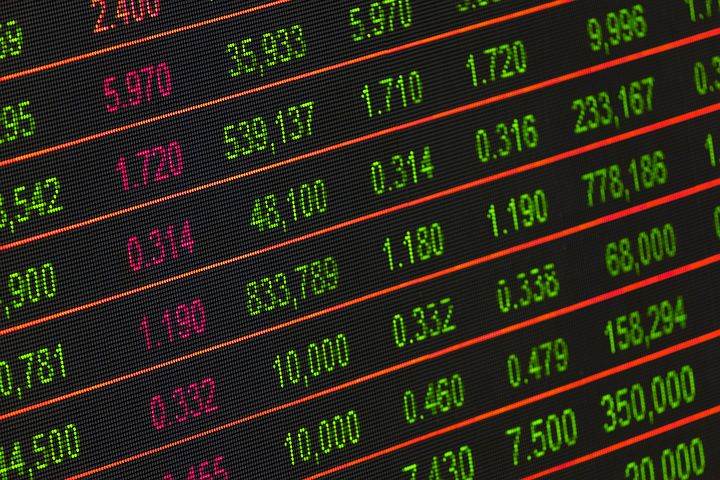 The Dow Jones Industrial Average sunk 838 points in the past two sessions, effectively erasing all of the gains it racked up during Q3, and then some. The index gained 1.2 percent in Q3, and has thus far eased 3.1 percent in the first two trading days of Q4. The Dow closed down 1.86 percent on Wednesday, notching the steepest losses on Wall Street, though other indexes were not far behind. The S&P 500 eased 1.79 percent on Wednesday while the NASDAQ lost 1.56 percent.
The Dow Jones Industrial Average sunk 838 points in the past two sessions, effectively erasing all of the gains it racked up during Q3, and then some. The index gained 1.2 percent in Q3, and has thus far eased 3.1 percent in the first two trading days of Q4. The Dow closed down 1.86 percent on Wednesday, notching the steepest losses on Wall Street, though other indexes were not far behind. The S&P 500 eased 1.79 percent on Wednesday while the NASDAQ lost 1.56 percent.
Asian benchmarks were also broadly lower on Thursday, continuing the declines begun on Wednesday. Australia’s ASX 200 saw the steepest losses, sinking 2.34 percent as of 1:07 p.m. HK/SIN, with Japan’s Nikkei 225 close behind with a 2.12 percent decline. South Korea’s Kospi was down 1.95 percent, which both of China’s benchmark indexes down just around 1 percent.
The widespread selloffs were prompted by Tuesday’s data release that showed a significant slowdown in U.S. manufacturing activity. Analysts and traders are now concerned that Friday’s jobs report will show a decline in hires, which would be in-line with the manufacturing slowdown, and would likely raise red flags about the state of the U.S. economy.
Also pressuring markets was an announcement on Wednesday that the World Trade Organization (WTO) has authorized the U.S. to proceed with its plan to impose fresh tariffs on billions of dollars of products from the European Union. The U.S. and the EU have been fighting over trade issues for several years, and Washington’s plans for fresh tariffs arose after European aircraft manufacturer Airbus received government subsidies which posed a direct threat to U.S. rival Boeing. The U.S. will now be able to slap tariffs on $7.5 billion of European goods, the highest amount of retaliatory tariffs ever authorized by the EU. In other words, the announcement is largely considered a huge victory for the U.S., one that will likely heat up the trade war for months to come.
The dollar index was mostly flat during Asia’s early afternoon on Thursday. The greenback eased 0.02 percent against the yen to 107.15, and the euro eased 0.02 percent against the greenback, to $1.0956. Tomorrow’s jobs data is likely to be the next big thing to have significant impact on both the currency markets and stock markets, and traders remain concerned that the impacts will not be positive.
